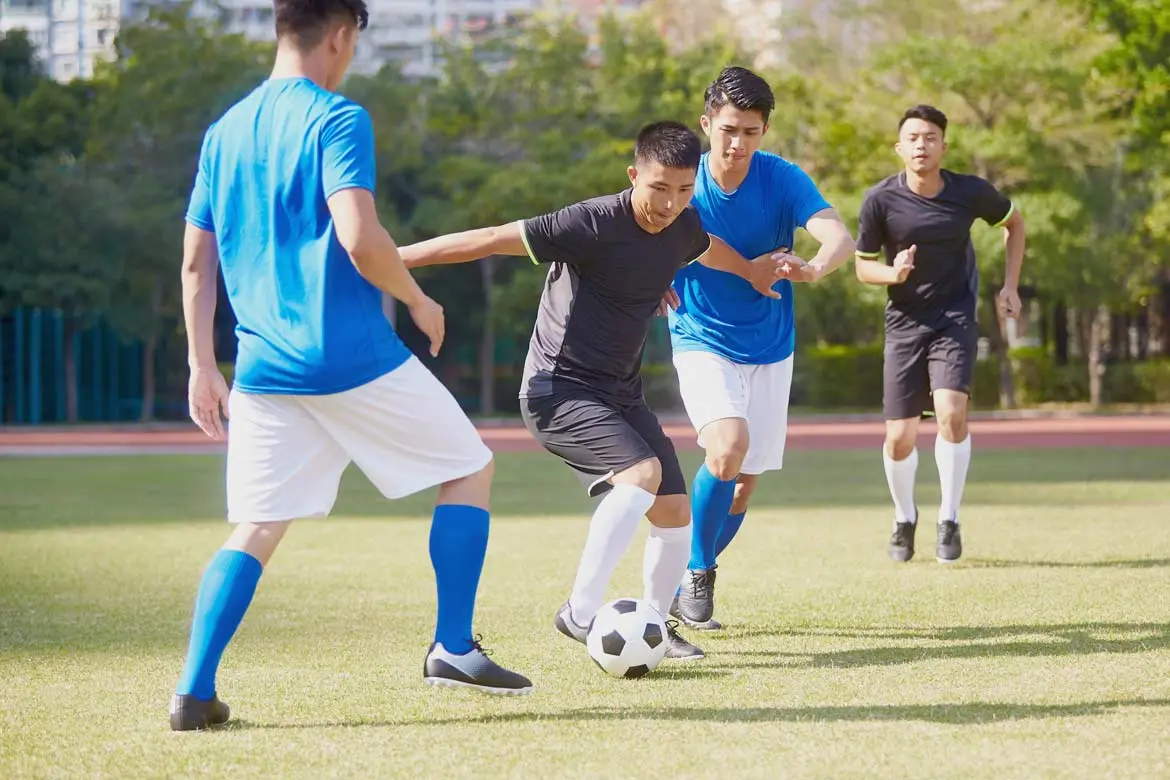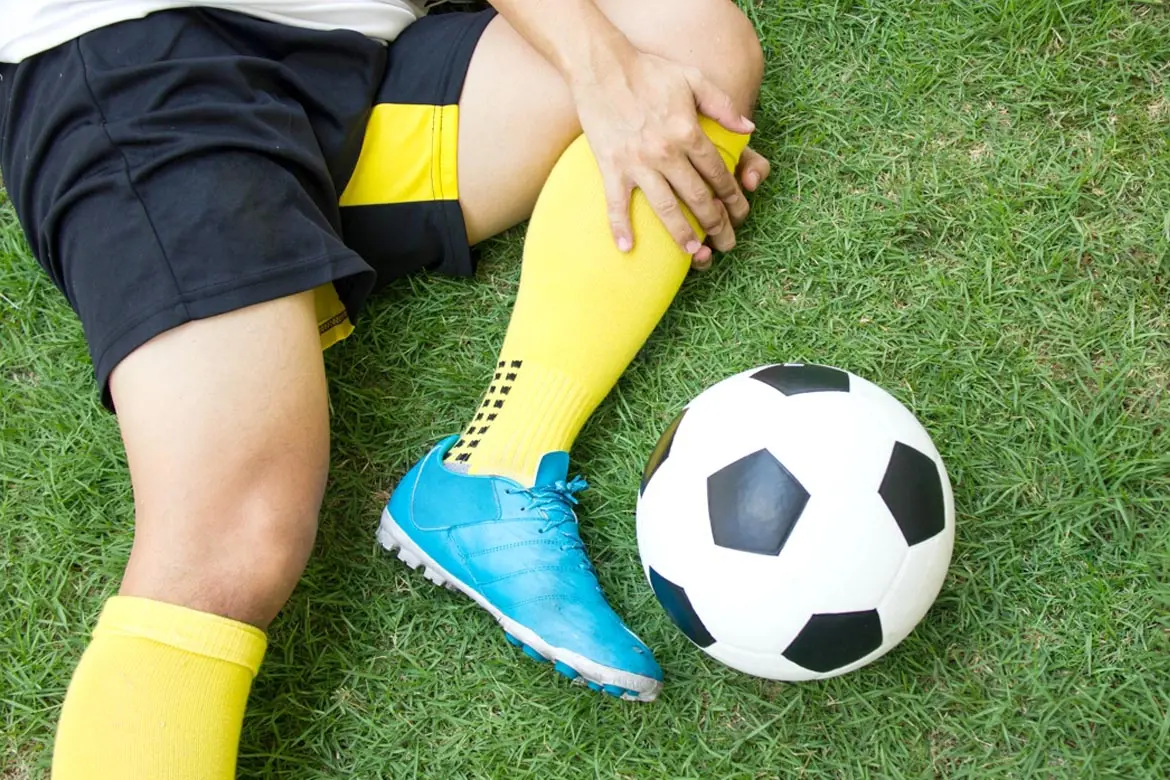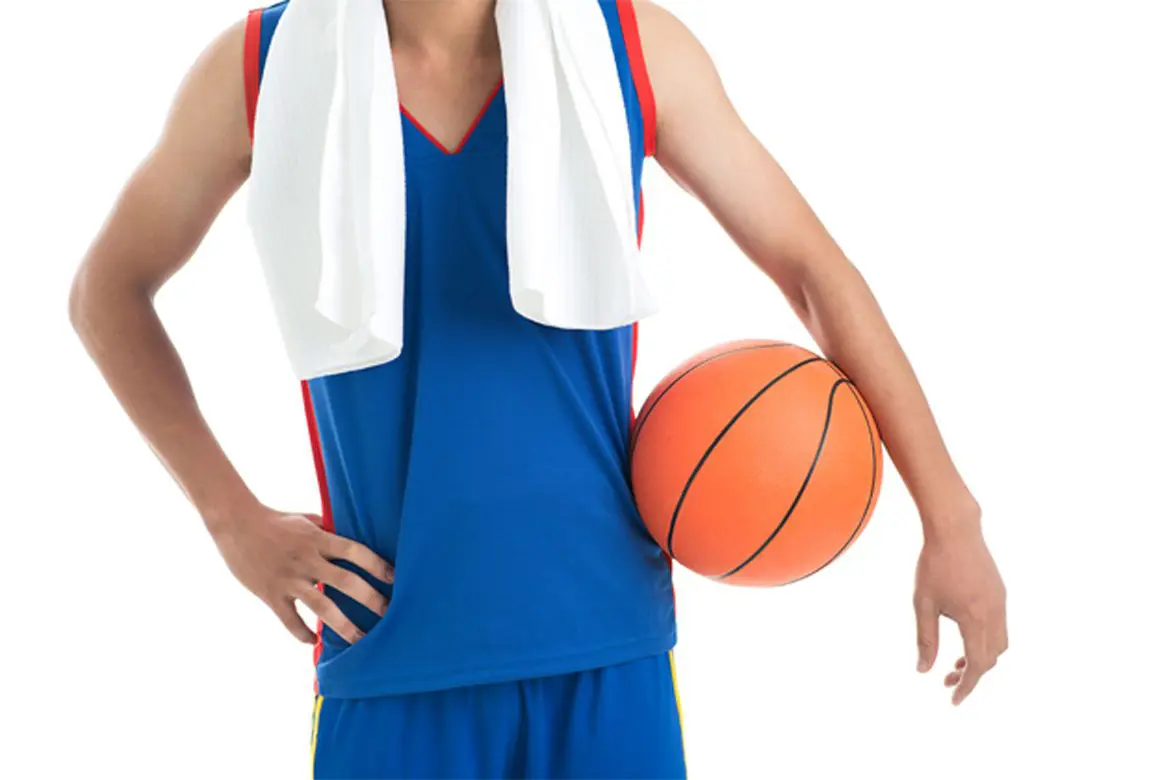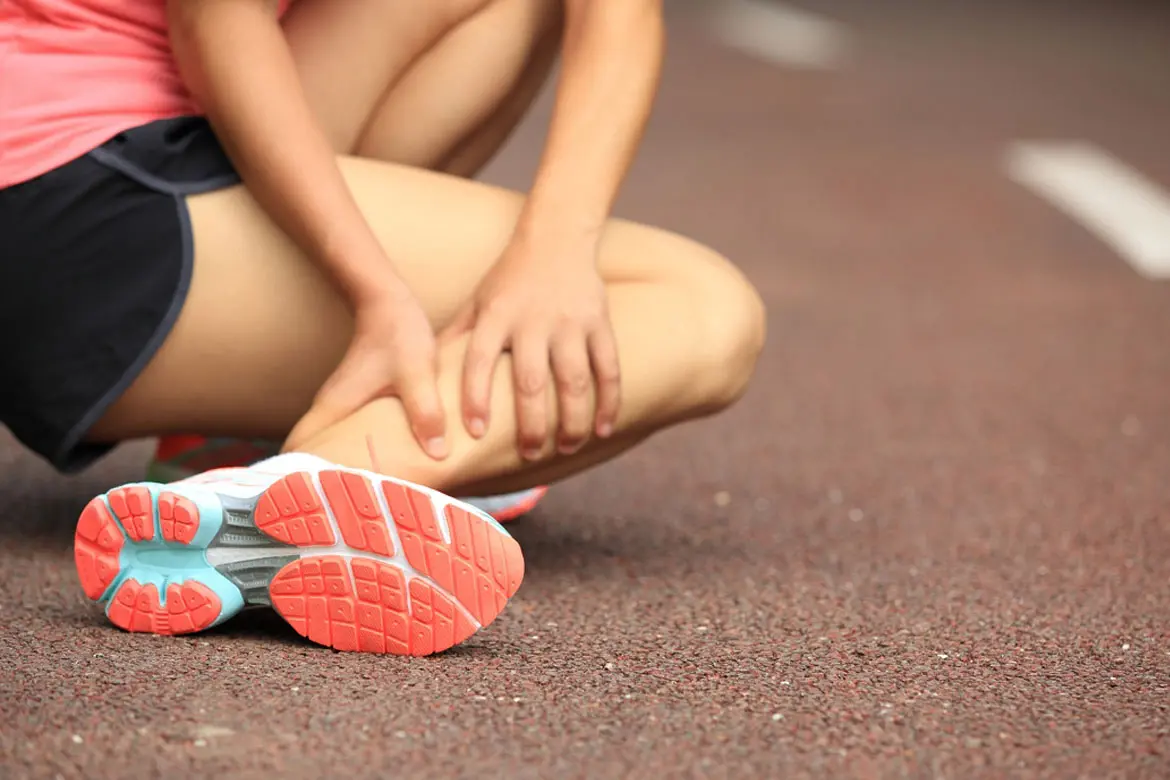Knee Pain 101: What is causing that pain?
Knee pain is a common symptom experienced by adults. It can sometimes occur after the knee is overworked, such as after intense exercise, running, prolonged squatting or sitting, and going up and down steps. Often times, knee pain from overuse improves with rest, application of ice, elevation of the knee, and when pain relievers are used.
Knee pain that is persistent or severe should prompt an individual to consider other causes of knee pain. Other common causes of knee pain include osteoarthritis, anterior cruciate ligament (ACL) injuries, and meniscus tears.
Osteoarthritis
Osteoarthritis is the most common form of arthritis worldwide. It accounts for 95% of knee pain complaints.
Osteoarthritis is caused by the thinning of the cartilage at the knee joint due to wear and tear. It affects not just the elderly, but also youths and adults who are active in sports. Studies show that when young adults sustain a knee injury, arthritis can develop within the next 10 years.
The symptoms of arthritis include:
- Bumps or nodes around the knee
- Cracking or grinding when moving the knee
- Morning stiffness and swelling
ACL Injury and Meniscus Tears
Another common cause of knee pain is injury to the ligaments and cartilage. Particularly Anterior Cruciate Ligament (ACL) injuries and meniscus (cartilage) tears. ACL injuries and meniscus tears typically occur when there is trauma or injury to the knee. The pain in ACL injury and meniscus tears is often sudden and severe, in contrast to the pain from osteoarthritis which is dull, aching and worsens over time.
The ACL is the major ligament that stabilises the knee. In ACL injuries, there is either a tear or sprain of the ligament. These commonly occur during sudden stops, sudden change in direction, incorrect landing from a jump, or direct collision. ACL injuries are common among sports players that have to execute start-stop movements such as football, tennis and basketball. The symptoms of ACL injuries include:
- A 'popping' sound when the ligament ruptures
- Immediate pain after injury
- Swelling of affected knee within 4 – 12 hours
The meniscus is a cartilage that acts as cushion to the knee joint. Meniscus tears happen during movements that forcefully rotate the knee. These commonly occur in contact sports like rugby or football. Deep squatting while lifting heavy objects can also cause tearing of the meniscus. The symptoms of meniscus tear include:
- A locking sensation
- 'Click' or 'pop' sound during movement
- Limited range of movement
When should you see a doctor?
Don't shrug the pain off if you experience any of these symptoms. It is best to consult a specialist to get a thorough evaluation of your knee.












